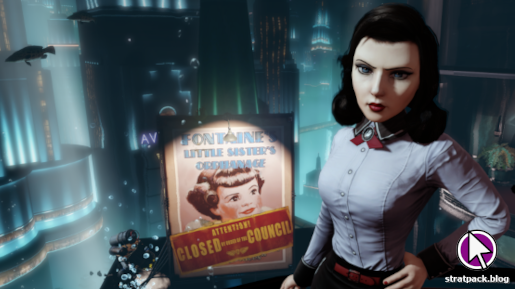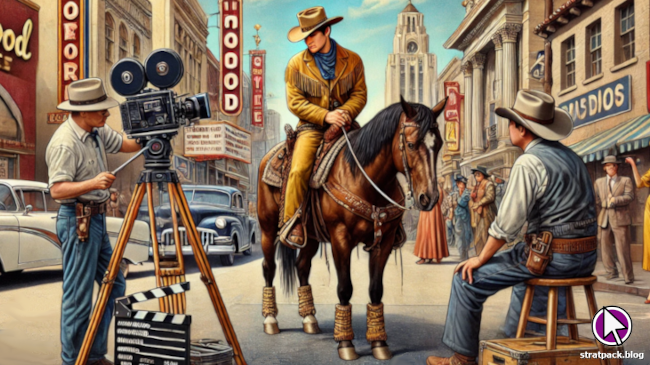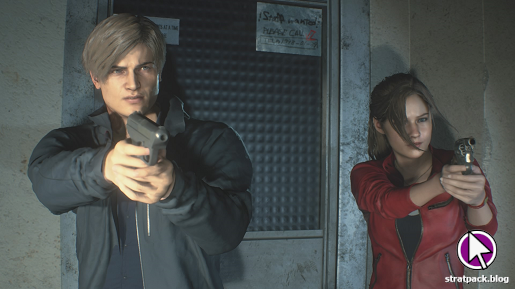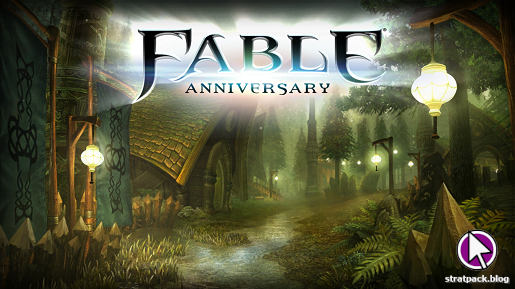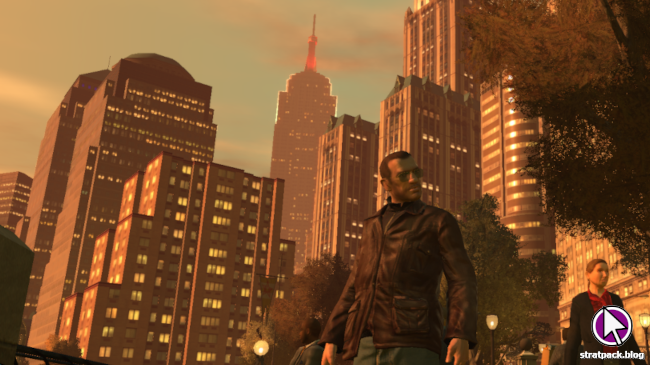
Asteroid City review
Not many films will get me to the cinema these days, but 2023 is due to have a few of them. First up, faced with a weekend without any football or motorsport, I took a Saturday morning trip to see Wes Anderson’s new picture, Asteroid City.
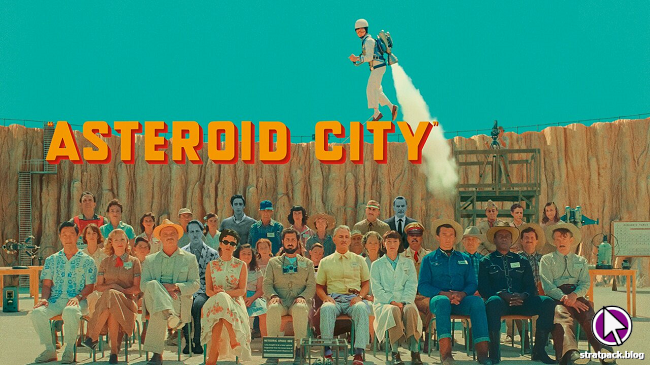
I’ll start with the easy part: Wes Anderson films are always beautiful to look at. Asteroid City is no exception, and its setting - a dusty town in the Nevada desert - plays a helping hand in making the film’s aesthetic memorable, with the juxtaposition of orange dust and blue sky, split by the horizon, dominating most frames.
The director’s knack for composition also returns. Almost every shot could be a painting, and as in all of Anderson’s films, mise en scene is used to great effect, with little clues and details dotted around for the keen-eyed viewer to spot.
The plot revolves around a competition hosted in the town, which sees a group of talented and very geeky kids demonstrate their impressive scientific inventions in a bid to win a $5,000 prize from the US military. All is derailed when an alien visits (he’s animated in Isle of Dogs-style stop motion, if you were wondering), and the characters must deal with subsequent quarantine in the middle of nowhere.
The opening reveals that Asteroid City is actually a film about a play of the same name, and between scenes we see glimpses of the author’s life, casting for the show, and the actors’ behind-the-scenes tribulations, usually narrated on-screen by Bryan Cranston. This serves as a way for Anderson to explain certain aspects of the film, and eventually seeps into the main production, with people showing up in the wrong scenes or questioning their stage characters’ motivations.
As usual, this is a star-studded film, with everybody from Tom Hanks and Scarlett Johansson to Edward Norton and Jeff Goldblum popping up. As a Hanks fan, I was a little disappointed he didn’t have more to do, but it was Jason Schwartzman who stood out in the shoes of a war photographer forced to break the news of his wife’s death to his children in a way that was somehow both touching and comedic.
It’s all interesting and entertaining enough, but with several in-universe subplots as well as the overarching dual plot, I was left questioning what Asteroid City was actually about. It wasn’t a film about an alien visit, because the sci-fi angle wasn’t ever explored in any detail. You could argue it was about loss, especially considering the mantra repeated towards the end, but in the main story Schwartzman’s character quickly moved on and his girls’ reactions were mainly played for comedy.
Given the timing of production and release, when the word “quarantine” started to be thrown around I thought it may even turn out to be about the COVID-19 pandemic and subsequent lockdown, but I struggled to draw many more parallels there, either.
The fictional author of Asteroid City, played by Norton, says his play is about “infinity”, suggesting more of an extra-terrestrial focus, and there are a few questions posed in this respect. Where did the alien come from and where did he go? What was the motive for his visit to Earth? And once word gets out and the wider public knows there is life out there, will the world change in irreversible ways?
The issue is that these questions are asked too late, are primarily treated as rhetorical, and receive little screen time in a film cluttered with a myriad of side stories across two main plots. Asteroid City is never dull - it’s carried along nicely by stylish aesthetics, solid performances, and memorable exchanges that demonstrate its contributors’ mastery of the medium - but it flits between so many characters and themes that for me it never got going as well as Anderson’s previous films.
3/5




